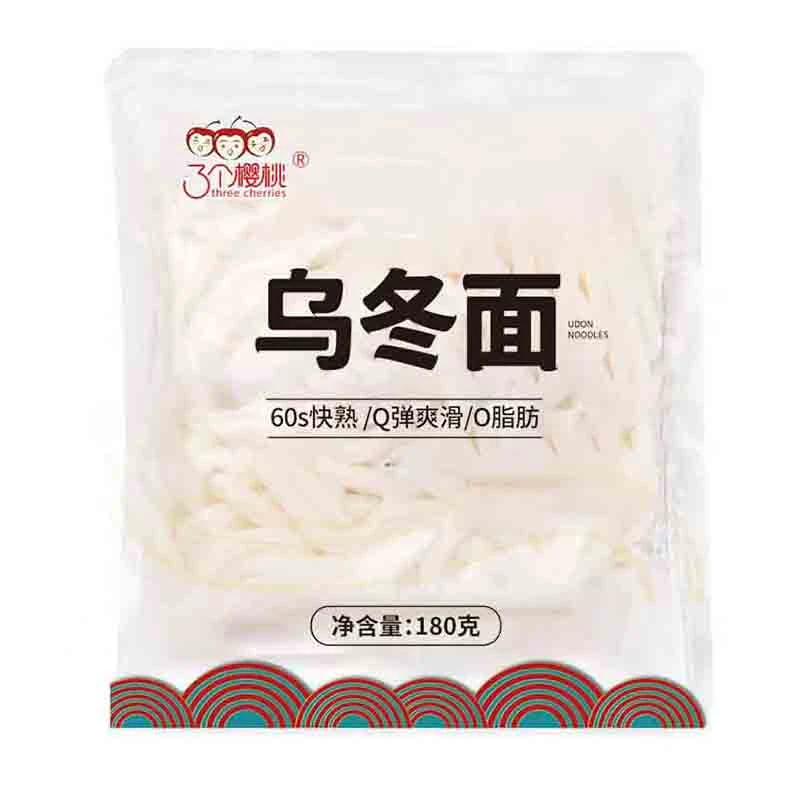Are Noodles Safe for People with Diabetes and How to Enjoy Them?
Are Noodles Okay for Diabetics?
For those managing diabetes, dietary choices can be challenging, particularly when it comes to carbohydrates. Among the many carbohydrate-rich foods, noodles are a staple in many cuisines around the world. This brings us to an important question are noodles okay for diabetics?
Understanding Carbohydrates
First, it's essential to understand the role of carbohydrates in a diabetic diet. Carbohydrates are broken down into glucose, which is a primary energy source for the body. However, for those with diabetes, managing blood sugar levels is crucial. Different types of carbohydrates affect blood glucose levels differently. Simple carbohydrates, like sugars found in candy and soft drinks, can cause rapid spikes in blood sugar. Conversely, complex carbohydrates, found in whole grains, vegetables, and legumes, are typically digested more slowly and have a milder effect on blood sugar.
Types of Noodles
Noodles come in various forms, including those made from wheat, rice, and even vegetables. Understanding the type of noodles is essential when considering their impact on blood sugar levels. For instance, traditional wheat noodles usually have a high glycemic index (GI), which can lead to a significant increase in blood sugar levels. In contrast, whole grain or whole wheat noodles are a better option, as they contain more fiber, which can help slow the absorption of glucose.
Whole Grain vs. Refined Noodles
When choosing noodles, opting for whole grain varieties is advisable for those with diabetes. Whole grain noodles retain their fiber, vitamins, and minerals, making them a healthier choice. The fiber in whole grains can aid digestion, provide a sense of fullness, and help in regulating blood sugar levels. Refined noodles, which are stripped of their fiber and nutrients, can cause rapid spikes in blood glucose.
noodles ok for diabetics

In addition to whole grain options, there are other alternatives available, such as spiralized vegetables (like zucchini noodles), chickpea noodles, and lentil noodles. These not only lower the carbohydrate count but also provide additional nutrients, making them excellent choices for a diabetic-friendly diet.
Portion Control and Preparation
While the type of noodles consumed is crucial, portion control is equally important. Even healthier noodles can affect blood sugar levels if consumed in large amounts. A typical serving of pasta is about one cup cooked, but it may be beneficial for diabetics to start with smaller portions and see how their bodies respond.
The preparation method also matters. Noodles can be paired with various sauces and toppings. Opting for low-sugar sauces and incorporating plenty of non-starchy vegetables can create a balanced meal. Additionally, protein sources like lean meats, beans, or tofu can further help in moderating blood sugar spikes by slowing digestion.
Listening to Your Body
Ultimately, managing diabetes is about understanding your own body and how it reacts to different foods. It’s recommended to monitor blood sugar levels after consuming noodles to see the specific effects on your body. Working with a healthcare provider or a dietitian can help craft a personalized meal plan that incorporates your dietary preferences and needs.
Conclusion
In summary, noodles can be included in a diabetes-friendly diet, particularly when choosing whole grain or alternative options. Portion control and meal preparation play crucial roles in effectively managing blood sugar levels. By making informed choices and being mindful of how different foods affect their health, individuals with diabetes can enjoy their meals while maintaining better control over their condition.
-
The Wholesome Delight of Organic NoodlesNewsAug.15,2025
-
The Vibrant Delight of Spinach NoodlesNewsAug.15,2025
-
Savor the Spicy Delight of Hot Pot NoodlesNewsAug.15,2025
-
Savor the Chill with Irresistible Cold NoodlesNewsAug.15,2025
-
Indulge in the Authentic Delight of Udon NoodlesNewsAug.15,2025
-
Dive into the Delicious World of Cart NoodlesNewsAug.15,2025
-
Unlock the Delicious Potential of Yam NoodlesNewsAug.11,2025
Browse qua the following product new the we







